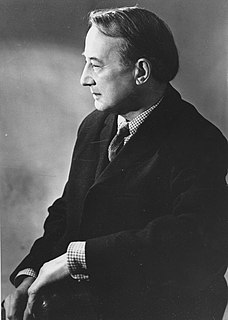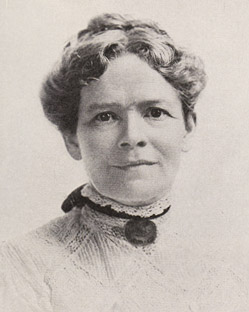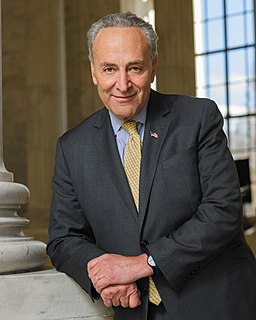A Quote by Michael Joseph Oakeshott
A recorded past is no more than a bygone present composed of the footprints made by human beings actually going somewhere but not knowing (in any extended sense), and certainly not revealing to us, how, they came to be afoot on these particular journeys.
Related Quotes
Artists use frauds to make human beings seem more wonderful than they really are. Dancers show us human beings who move much more gracefully than human beings really move. Films and books and plays show us people talking much more entertainingly than people really talk, make paltry human enterprises seem important. Singers and musicians show us human beings making sounds far more lovely than human beings really make. Architects give us temples in which something marvelous is obviously going on. Actually, practically nothing is going on.
We human beings have enormous difficulty in focusing on the present; we always thinking about what we did, about how we could have done it better.... or else we think about the future, about what we're going to do.... But at this precise moment, you also realize that you can change your future by bringing the past into the present. Past and future only exist in our mind. The present moment, though, is outside of time, it's Eternity.... It isn't what you did in the past the will affect the present. It's what you do in the present that will redeem the past and thereby change the future.
There is (as I now find) no remorse for time long past, even for what may have mortified us or made us ashamed of ourselves when it was happening: there is a pleasant panoramic sense of what it all was and how it all had to be. Why, if we are not vain or snobbish, need we desire that it should have been different? The better things we missed may yet be enjoyed or attained by someone else somewhere: why isn't that just as good? And there is no regret, either, in the sense of wishing the past to return, or missing it: it is quite real enough as it is, there at its own date and place.
I'm an optimist.
I've always believed the future is going to be better than the past.
And I also believe I have a role in that.
The great thing about human beings, myself in particular, is that I can change.
I can do better.
If you can get up every day, stay optimistic, and believe the future is better than the past, those few things get you through a lot of tough times.
When everything is dark, when we are surrounded by despairing voices, when we do not see any exits, then we can find salvation in a remembered love, a love which is not simply a recollection of a bygone past but a living force which sustains us in the present. Through memory, love transcends the limits of time and offers hope at any moment of our lives.
Jesus came among us to show and teach the life for which we were made. He came very gently, opened access to the governance of God with him, and set afoot a conspiracy of freedom in truth among human beings. Having overcome death he remains among us. By relying on his word and presence we are enabled to reintegrate the little realm that makes up our life in the infinite rule of God. And that is the eternal kind of life. Caught up in his active rule, our deeds become an element in God’s eternal history. They are what God and we do together, making us part of his life and him a part of ours.
But the past does not exist independently from the present. Indeed, the past is only past because there is a present, just as I can point to something over there only because I am here. But nothing is inherently over there or here. In that sense, the past has no content. The past - or more accurately, pastness - is a position. Thus, in no way can we identify the past as past
What is wrong with us human beings, and has been wrong since time immemorial, is that without ever stating it in so many words, we believe that we have entered the realm of immortality. We behave as if we are never going to die - an infantile arrogance. But even more injurious than this sense of immortality is what comes with it : the sense that we can engulf this inconcievable universe with our minds.
How can we encourage other human beings to extend their moral sympathies beyond a narrow locus? How can we learn to become mere human beings, shorn of any more compelling national, ethnic, or religious identity? We can be reasonable. It is in the very nature of reason to fuse cognitive and moral horizons. Reason is nothing less than the guardian of love.








































